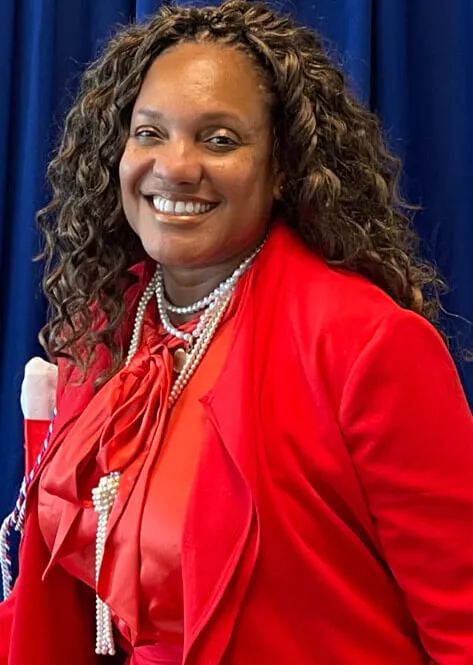
Although society has come a long way, employment across sexes remains unequal today, as women represent less than half the national labor force while making up 50.5% of the population. At the same time, Black women are represented across only 6.9% of the U.S. labor force and 13.7%. But that isn’t the whole picture. Across the 13.7% demographic, there are countless stories of Black women facing poor treatment and being viewed as less skilled than white women or their male counterparts.
“Some patients will be very open and honest and plainly state that they don’t want a black nurse. It is incumbent upon our non-Black allies to advocate for minority professionals and work to support a change where nurses are nurses and the color of their skin doesn’t adversely affect the quality of health care being delivered,” said Dr. Marlo Robinson, Concorde Career Colleges National Dean of Nursing and Diversity, Equity, & Inclusion (DEI) Co-Chair. “However, we also know that culturally speaking, patients who are served by professionals who look like them and understand their journey and experiences, respond better to treatment.”
Recent data echoes this statement, noting that a large majority of Black women ages 18 to 49 reported having a negative health care experience one out of every seven times, and are more likely than other Black adults to prefer Black medical providers compared to other races and ethnicities.
Increasing the number of female health care providers belonging to the BIPOC community could help young, minority women feel more comfortable in medical facilities – whether in an office, emergency room, or walk-in clinic – and even empower them to pursue similar career paths, addressing the lack of representation in high demand fields, such as nursing.
To create a positive societal change, institutions should prioritize the hiring of faculty and staff who understand the critical impacts of structural racism and its impact on the continuing inequalities women face each day across both personal and professional settings. With diverse student bodies, Concorde Career Colleges and other career-focused schools can better encourage learning environments that create open, welcoming, and respectful discussions in classroom and externship settings.
“Representation matters. Bringing life experiences into classrooms and practices creates more supportive environments for both health care professionals and patients, and instills a level of trust that is only gained through mutual respect, inclusion and acceptance,” explained Robinson.
Even as more minority medical providers enter the health care space, structural racism will still be tied to policies that impact where a person lives and works, while also determining their access to health care. And when health care is accessible, an individual’s insured status still determines the types of treatment they can receive, meaning options for patients near or below the poverty line — or those trying to balance family, multiple jobs, or other financial challenges — are limited, if available at all. With 19.5% of the U.S. Black population in poverty – the second highest group behind the American Indian and Alaska Native population – this is a large community that may not have adequate health care access, including community connections to the very people who could help them obtain the necessary resources.
“As a Black-American woman, I strive to bring an absolute commitment to ensuring all patients receive equal and quality care,” said Robinson. “That means preparing our next generation of health care professionals to be advocates and allies for health equity and working hard to affect structural inequality and social determinants of health through education and cultural humility.”

Dr. Marlo Robinson
Concorde Career Colleges National Dean of Nursing and Diversity, Equity, & Inclusion (DEI) Co-Chair
For more information on Concorde’s DEI initiatives and inclusive-based curriculum, please visit www.concorde.edu/about-us.
Take The Next Step Towards a Brighter Future
We have a Concorde representative ready to talk about what matters most to you. Get answers about start dates, curriculum, financial aid, scholarships and more!




